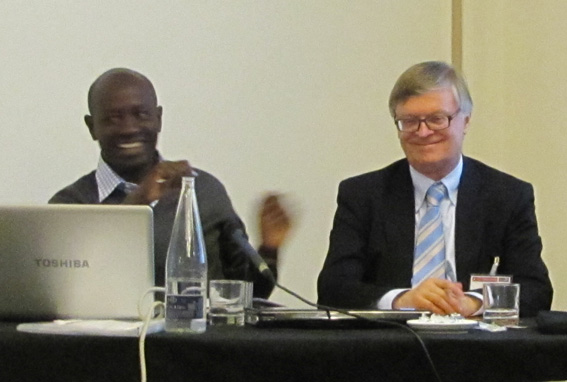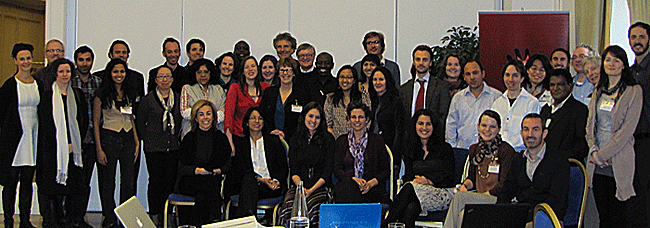 States cannot be properly held to account for their human rights obligations in the absence of effective monitoring systems, and the need for effective and practical monitoring tools remains a core challenge for the economic and social rights movement. Assessing whether public policies to tackle poverty and social deprivation are compliant with human rights standards requires a much greater focus on the positive obligation to fulfill economic and social rights, and the steps governments are taking to realize these rights progressively using available resources. For this reason, evaluating states’ efforts to meet their responsibilities involves complex methodological challenges which in turn require multidisciplinary approaches and understandings.
States cannot be properly held to account for their human rights obligations in the absence of effective monitoring systems, and the need for effective and practical monitoring tools remains a core challenge for the economic and social rights movement. Assessing whether public policies to tackle poverty and social deprivation are compliant with human rights standards requires a much greater focus on the positive obligation to fulfill economic and social rights, and the steps governments are taking to realize these rights progressively using available resources. For this reason, evaluating states’ efforts to meet their responsibilities involves complex methodological challenges which in turn require multidisciplinary approaches and understandings.
With these challenges in mind, CESR hosted a seminar in Madrid, entitled New Horizons in Economic and Social Rights Monitoring, on March 22 and 23. The event, which was organized in collaboration with Metrics for Human Rights and Development, brought together over 40 human rights and development practitioners involved in efforts to more effectively monitor the fulfillment of economic and social rights around the globe.
Over the course of the two days, sessions took stock of lessons learned from the application of various monitoring methods and analyzed the trends in their use in different settings over the last decade. Such methods included the burgeoning field of quantitative indicators, developed for specific rights and applied in particular contexts; the applied use of rights-based budget analysis to assess the resource dimension of rights fulfillment; and methodological advances and challenges in building evidence of rights violations in the context of litigation: Methods to measure the impact of judicial decisions were also explored, along with innovations in the development of quantitative indices to measure states’ economic and social rights performance.
The seminar was unique in the eclectic profile of its participants. These included advocacy organizations working at the community, national and international levels; lawyers conducting economic and social rights litigation; academics advancing innovative quantitative monitoring methods; and representatives of treaty bodies and national human rights institutions mandated to monitor economic and social rights. This fostered lively debates about the most significant gaps in strategy and capacity that human rights and development advocates need to confront.
The seminar was also an opportunity for CESR to present—and receive feedback on—its framework for analyzing states’ obligations to fulfill economic and social rights. Adopting the acronym OPERA, the framework incorporates different methods for measuring specific human rights principles and standards, framing them around four levels of analysis: Outcomes, Policy Efforts, Resources and Assessment. A guiding lens for CESR's national enforcement work, OPERA facilitates an assessment that triangulates outcomes, policies and resources to provide a fuller picture of what a state is doing to promote the realization of specific rights. Importantly, it helps enable advocates to more convincingly trace economic and social injustices back to the actions or omissions of the state, and thereby to make the case that they constitute violations of human rights. Seminar participants were resoundingly positive about the framework’s potential to advance efforts to monitor economic and social rights fulfillment and offered constructive ideas on how to further nuance, develop and apply it in different settings.

Further details of the seminar, together with presentations made and the participants involved, can be found here.
Photos: In the first photograph Elijah Odhiambo (left) of the Kenyan NGO Hakijamii shares a joke with Eibe Riedel of the UN Committee on Economic, Social and Cultural Rights as they take part in the part in the opening panel of the meeting. The second photograph shows all of the event's participants together as the meeting drew to a close.